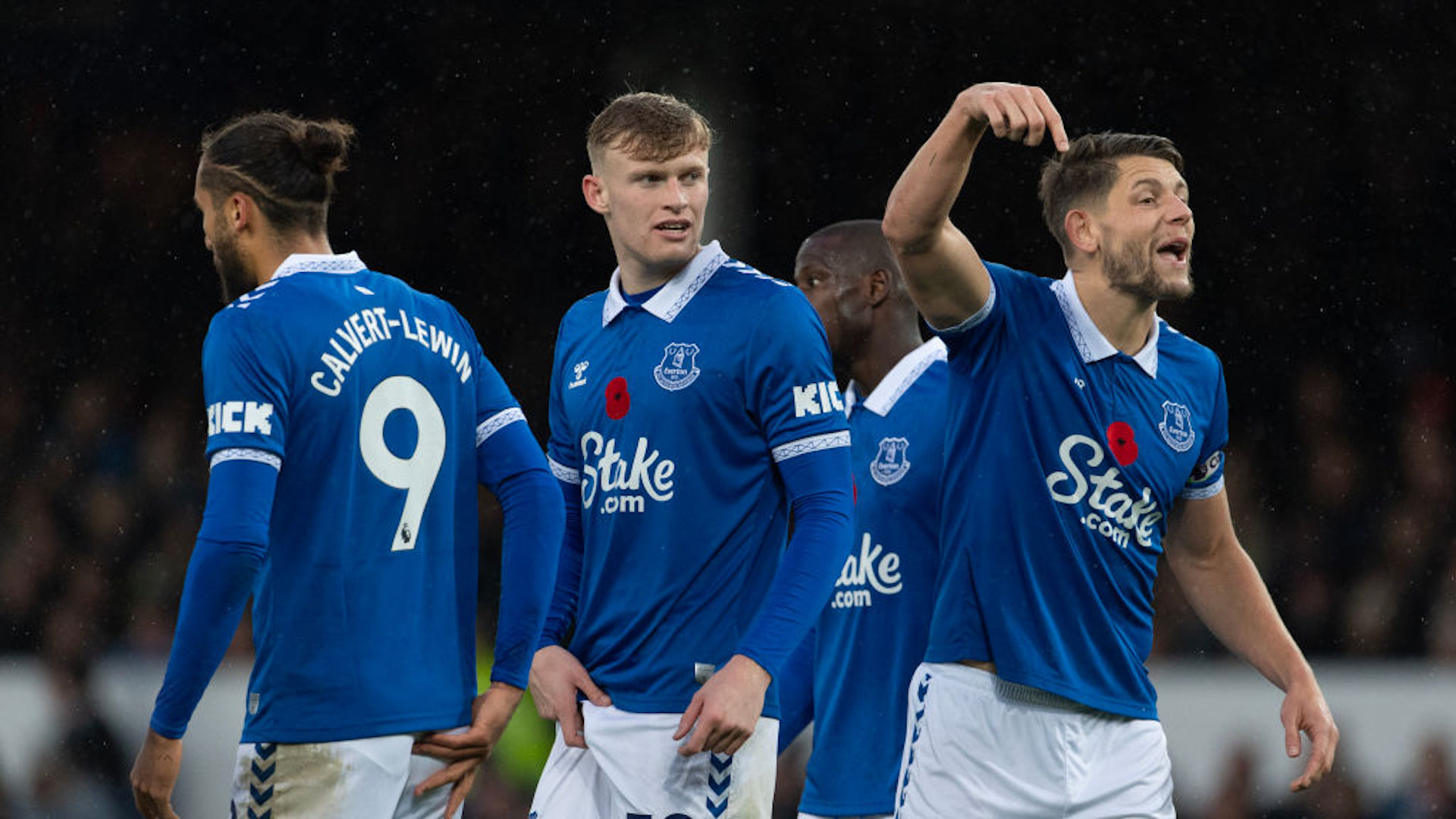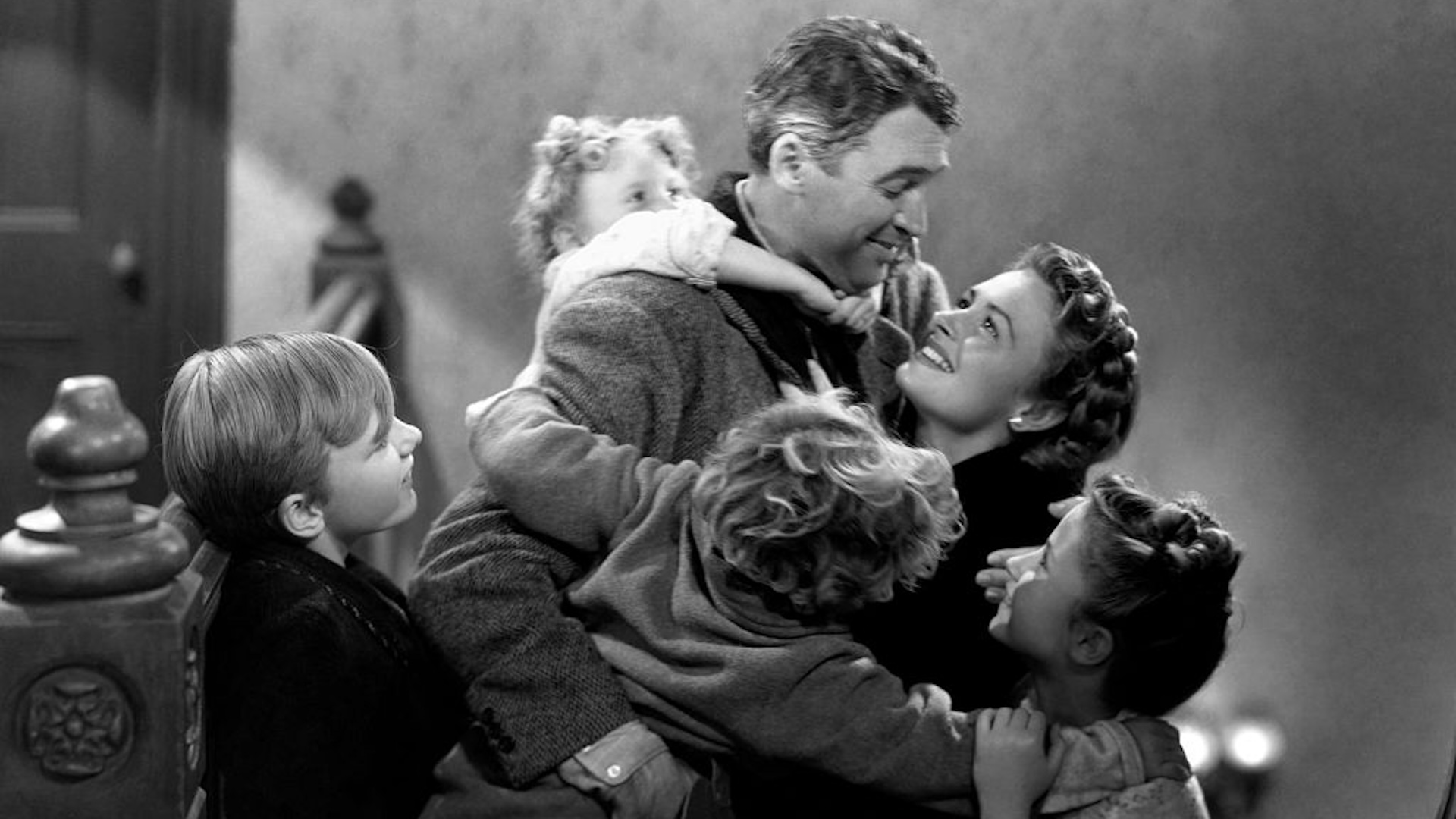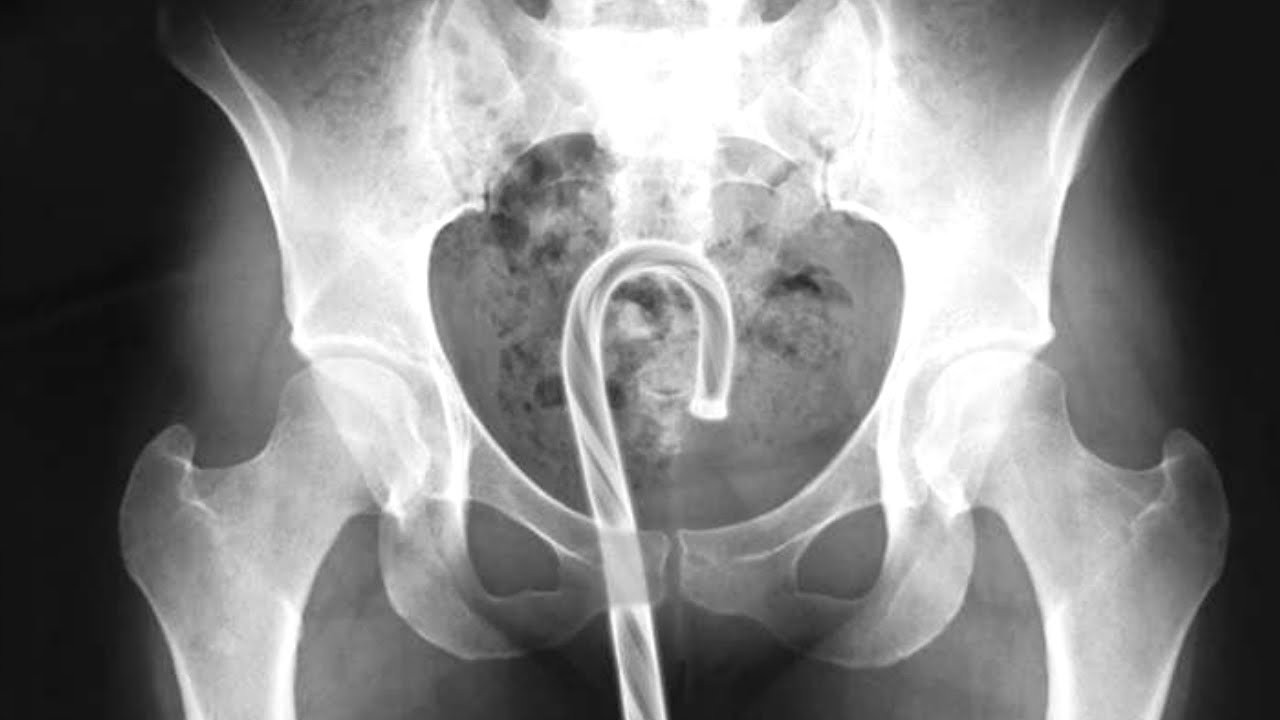This morning, an independent commission hit Everton with a 10-point deduction for breaking the Premier League's profit and sustainability rules. If the penalty holds up after the club's appeal, it would be the biggest sanction in top-division English soccer history. The obvious question is: Just what the hell did Everton do to merit being punished so harshly? The simple answer is that for nearly a decade Everton has been run by a collection of absolute bozos who have plunged the club's finances into the sewer. The more complicated answer is that this collection of bozos just happened to get their hands on Everton at precisely the wrong moment.
The specific rule that Everton has been accused of breaking is rather clearly spelled out. Premier League clubs are required to adhere to a set of profit and sustainability regulations, which stipulate that clubs cannot exceed a set amount of financial losses over specific periods of time. The commission that penalized Everton was looking specifically at the club's finances from the 2021-22 season, and determined that that the club had lost £124.5 million over the relevant period, exceeding the £105 million limit set by the regulations by £19.5 million. The commission did not explain the process by which a £19.5 million breach of the rules was determined to be worth a 10-point deduction.
Clear as the profit and sustainability rules may be, it has always been very hard to understand how, why, and when they are applied, which is what makes today's punishment so jarring. The only Premier League club to ever come close to receiving this level of punishment is Portsmouth, which was hit with a nine-point deduction during the 2009-10 season for going into administration (otherwise known as bankruptcy). The severity of this punishment would seem to indicate that a team spending over its limit by £19.5 million is the most egregious bit of financial shenanigans that any team has ever engaged in throughout the history of the Premier League. Anyone who has read more than one article about how Premier League soccer actually works knows that isn't even close to true.
Which brings us to the more complicated answer to the question of why this is happening now. For the last few years the Premier League has been taking a lot of heat for how it chooses to govern itself. The continued influx of petrostate dollars into the league's ownership ranks tends to make people on the island queasy, and the sanctions that the UK levied against Russian oligarchs at the outbreak of Russia's invasion of Ukraine underlined the level of that cohort's involvement in the league. Then there was the Super League insurgence, which was thankfully defeated but also demonstrated just how tenuous the Premier League's grip on world soccer really is. Out of all this discomfort and distress came a lot of huffing and puffing from the UK government, which in February of this year started making noise about imposing government regulation on the entire structure of English soccer.
So it felt like not so much of a coincidence that right as the government started suggesting regulations, the Premier League suddenly got much more serious than ever before about enforcing its financial fair play and profit and sustainability laws. It was in February that the league brought more than 100 charges of financial fuckery against Manchester City, and Everton's case was referred to the independent commission in March.
Everton will certainly feel aggrieved by the timing of its punishment, and will likely see itself as a convenient sacrifice being held up by the Premier League in order to get the government off its back. The club will also, as it stated in its response to today's punishment, be keeping a close eye on what shakes out of the ongoing case against Manchester City. If one breach of the financial rules gets you a 10-point deduction, what kind of punishment fits over 100 alleged breaches? What's the league going to do about Chelsea's alleged secret payments?
Everton and its fans can shake their fists and feel like victims of circumstance all they want, but at the end of they day the club itself is to blame for the dire predicament it now finds itself in. Yes, many other clubs have committed far worse financial breaches throughout the history of the Premier League and managed to escape punishment. Yes, it's likely that Everton's accounts would look just fine if it still had the lucrative support of Uzbek oligarch Alisher Usmanov, which it lost at the start of the war in Ukraine. Yes, the Premier League probably would have never looked at Everton's books in the first place had a few other teams not thrown a hissy fit about losing a relegation battle to them. But the only reason this 10-point deduction hurts so much—Everton are now 19th in the table, sitting on four points—is because the team sucks. The whole point of playing fast and loose with club finances is to not suck. Everyone else manages to leverage their financial dishonestly into on-field success, which is why Chelsea and Manchester City will likely be able to eat whatever punishment they might receive and ultimately carry on just fine. If a 10-point deduction can hurt a club of Everton's historical status as badly as this one does, that says more about the sorry state of the club than anything else.





